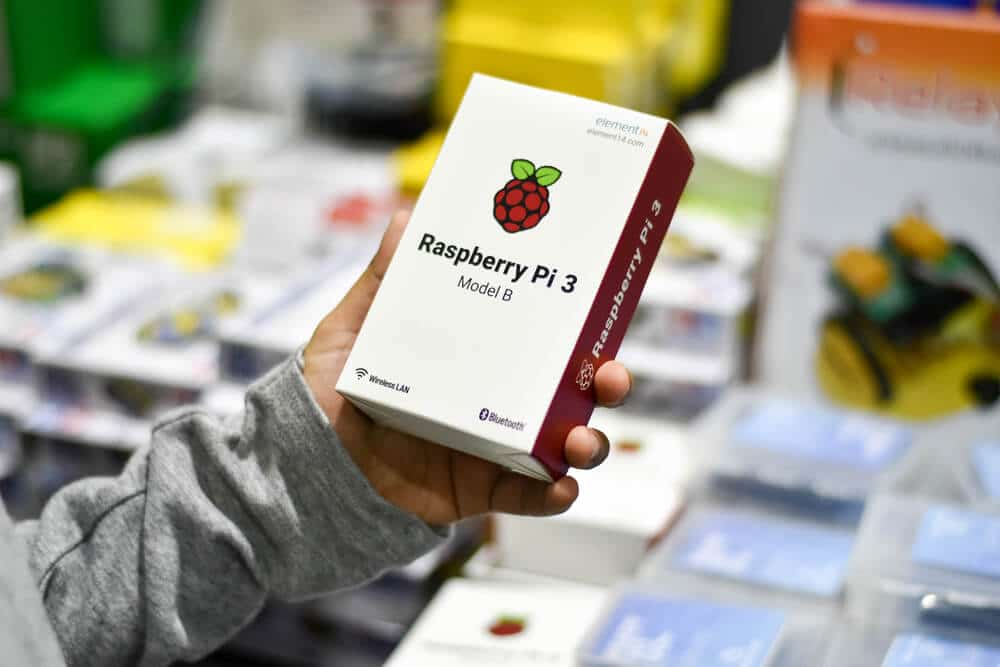Cybersecurity is the technology that protects your devices and data from unauthorized access that results in damage. Cybersecurity is becoming increasingly essential as government bodies, military and, large companies house large amounts of data that can often be extremely sensitive. As a result of this, this information must be protected. If financial data, personal data and intelligence got into the wrong hands, the consequences could be detrimental.
Cybersecurity is becoming increasingly important within large organisations as sophisticated hackers are more adept at handling complicated security processes. So, discovering new ways to protect your data is always welcome.
Recently, Raspberry Pi has been in the spotlight when discussing cybersecurity projects as it was initially designed as a method of teaching school children how to program. Raspberry Pi is the name of a group of single-card computers that were developed for educational purposes. New groups of Raspberry Pi like the Raspberry Pi 4 are continuously developing. However, these are used in several digital creative projects, including ones surrounding cybersecurity. Here are some examples of the ways Raspberry Pi has been used to influence cybersecurity projects.
Firewall and intrusion detection system
Many people deem it unnecessary to protect their private network as they feel that the information stored on their computer is not desirable to hackers. Or, if they do want to protect their data, then cybersecurity could be an expensive job. However, you can create a network gateway with a firewall and Network Intrusion Detection System with a Raspberry Pi. Just one of the ways it can help is by detecting malicious traffic and debug it if necessary.
Create a Pi-hole
A Pi-hole is a free way to block advertisements from your home network. It may seem that adverts don’t cause a security issue but, many sophisticated hackers have created pop-up adverts with malicious software specially designed to bug computers. Creating a Pi-hole can be especially helpful for those less technologically aware as it protects them from clicking on a rouge advert. Whether you want protection or want to rid yourself of advert annoyances, creating a Pi-hole is a great use of a Raspberry Pi.
Nagios Network Monitoring
The purpose of Nagios network monitoring is to monitor the traffic on your website and is essential for secure network management. Monitoring your network traffic can project yours from website defacement. As this could breach data protection and would be expensive to solve.
Home security email alert system
Raspberry Pi, a USB camera and a PIR sensor are all needed for this security system. You can program your Raspberry Pi to take a picture of an intruder that enters your home and email you when you are not there. A huge development for personal data and home security.


